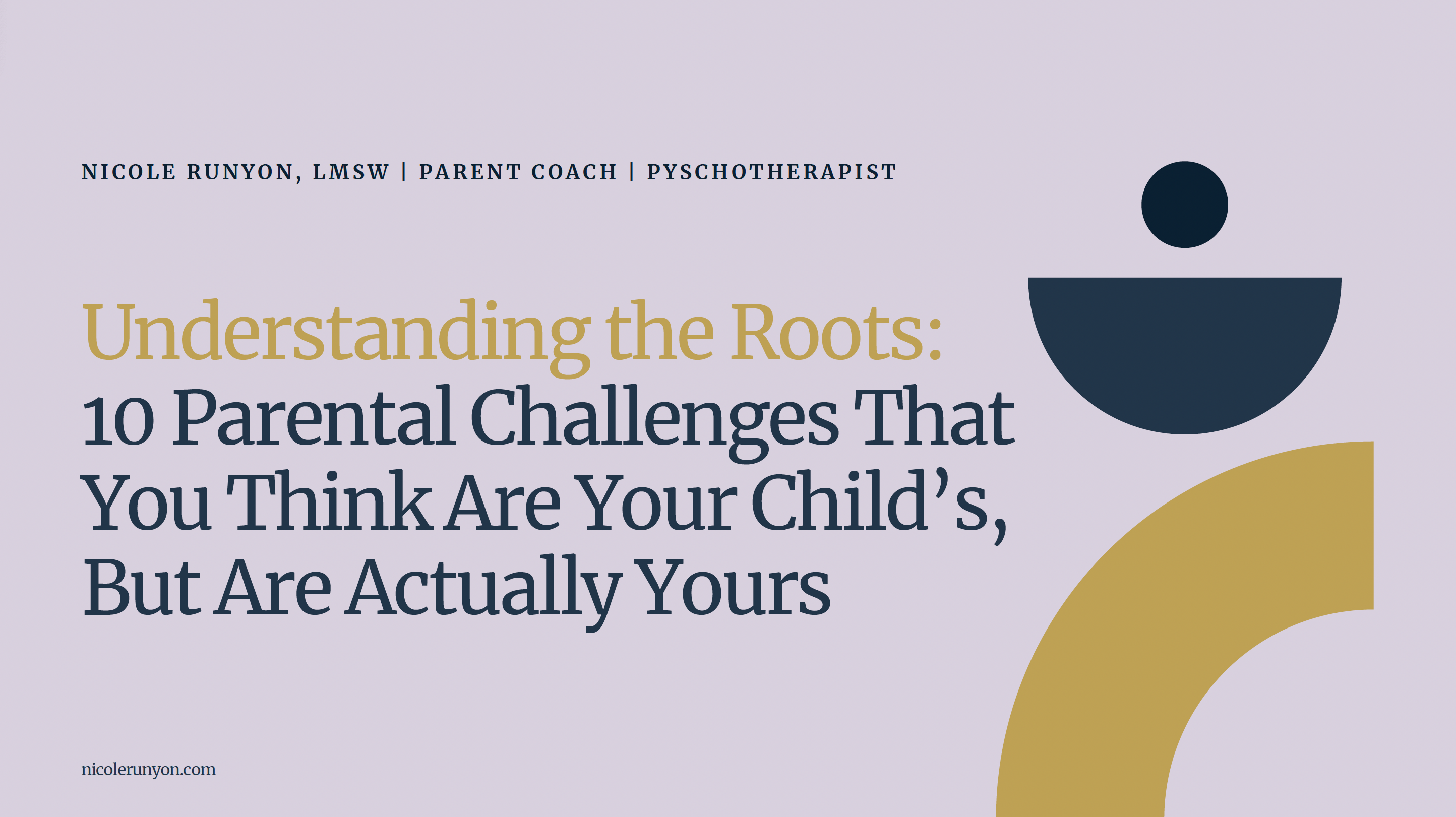When devices are present, we lose human connection. Social media, the internet, and apps are available to keep us connected when we cannot be together due to distance or location. These cannot replace real human connection. Misuse leads to unintended consequences that are detrimental to child and adolescent mental health.
As a whole, mental health has been deteriorating over the last decade. We are seeing more anxiety, depression, self-harm, and suicidal outcomes among children and adolescent than ever before. We have reached epidemic levels of suicide. It is imperative that we gain a firm understanding of their developmental needs to prevent losing more children to suicide.
Today, one of the greatest risk factors for suicidal outcomes is social isolation. When a child feels disconnected from the people in their lives this can lead to loneliness, lack of self-esteem, apathy, and a lack of motivation. Often children will say, “What’s the point?” or ask themselves questions like “Why am I here?”.
What is this phenomenon and why is it happening? Developmentally, children aged nine and older begin to individuate and see themselves as people outside of their families. This is when friends become important to them. Adolescence is the peak of this development and when they need social interaction the most.
With today’s technology, the perception may be that children and adolescents are connected to their peers more than ever. There are many positive experiences meeting peers online from other geographic areas. In a vacuum, this is positive. However, the truth is that today’s youth spend increasingly more time isolated from their peers. Oftentimes, devices and technology disrupt true connection with loved ones. There is a lack of balance between virtual socializing and real-time human interaction. In my practice, I see many children forming unhealthy attachments to strangers online, and becoming further withdrawn from their real life lives.
When children are having a difficult time or acting out, parents often think eliminating their device and screen time will help. This often backfires and their child’s temperament can actually worsen if they withhold a device or technology. Parents are often at a loss about how to move forward.
When a child is struggling emotionally, removing the device is necessary but only part of the solution. The child needs help making the distinction between the virtual world and the real world. Parents need to foster experiences for their children that build connections with family and friends.
Parents and families need to reduce their screen time and take responsibility for their relationship with technology. Have conversations – difficult ones – that build upon the existing relationship. These create an atmosphere of trust and safety so children and adolescents can approach parents with tough issues. Virtual connection cannot replace human connection.


